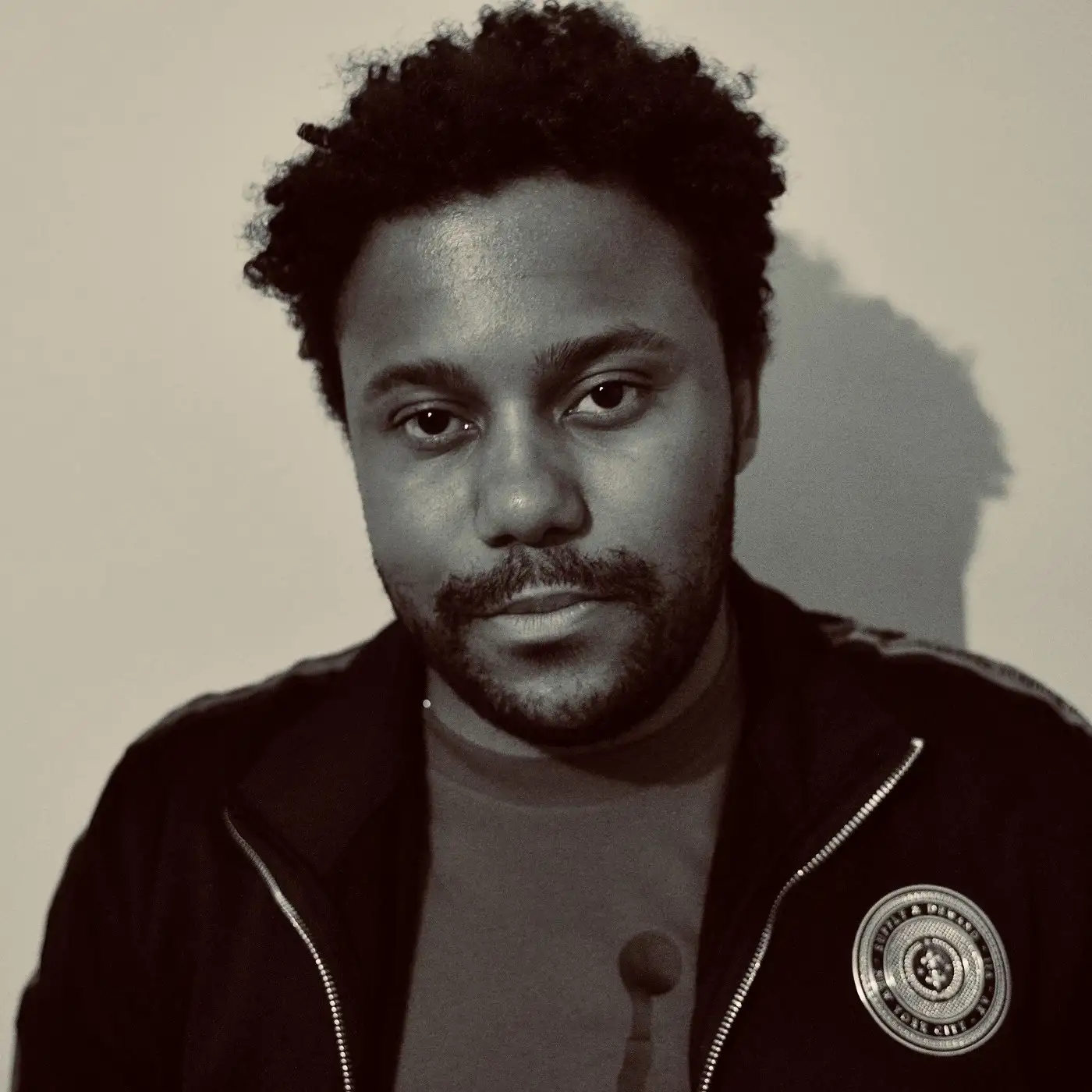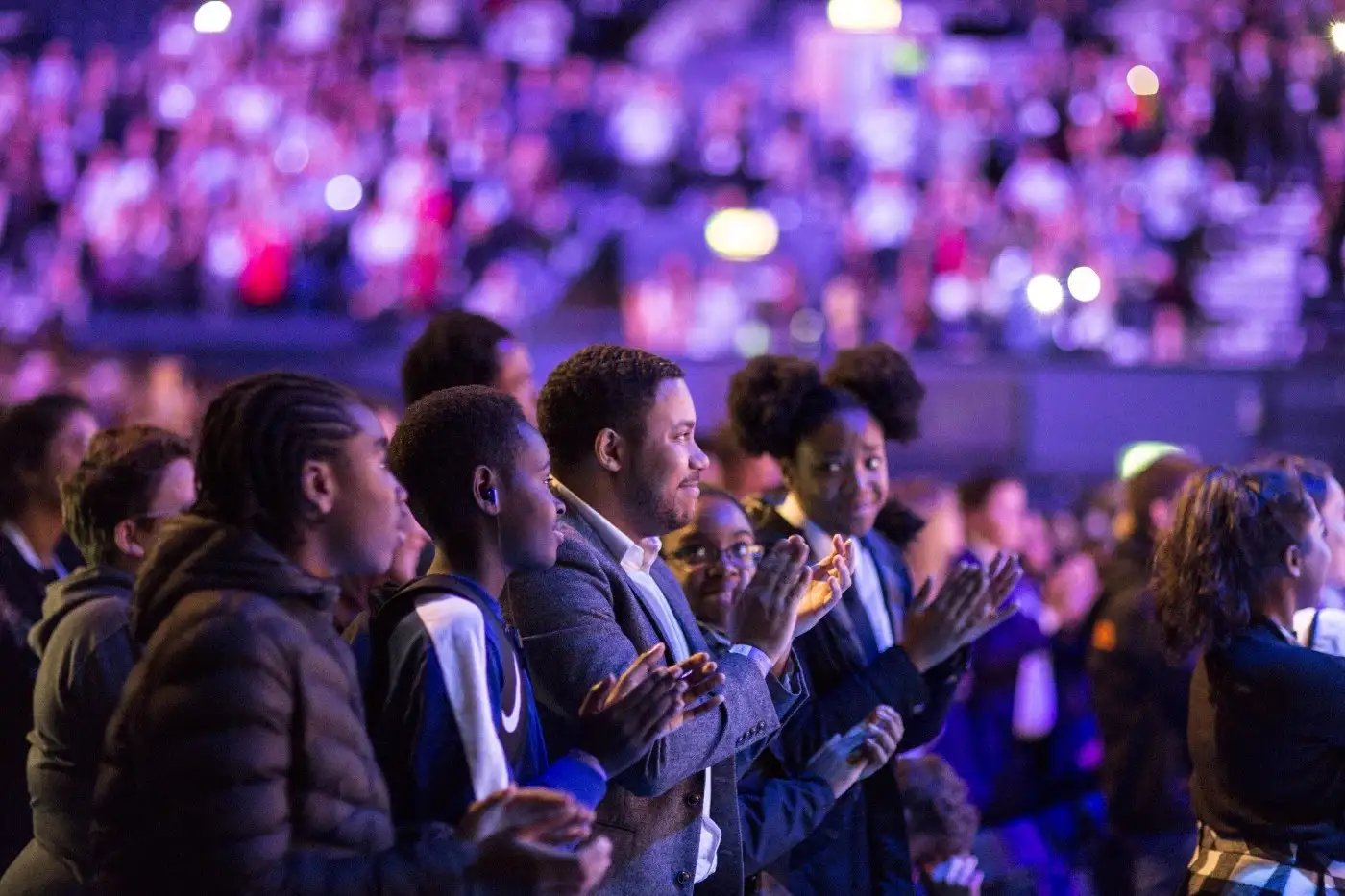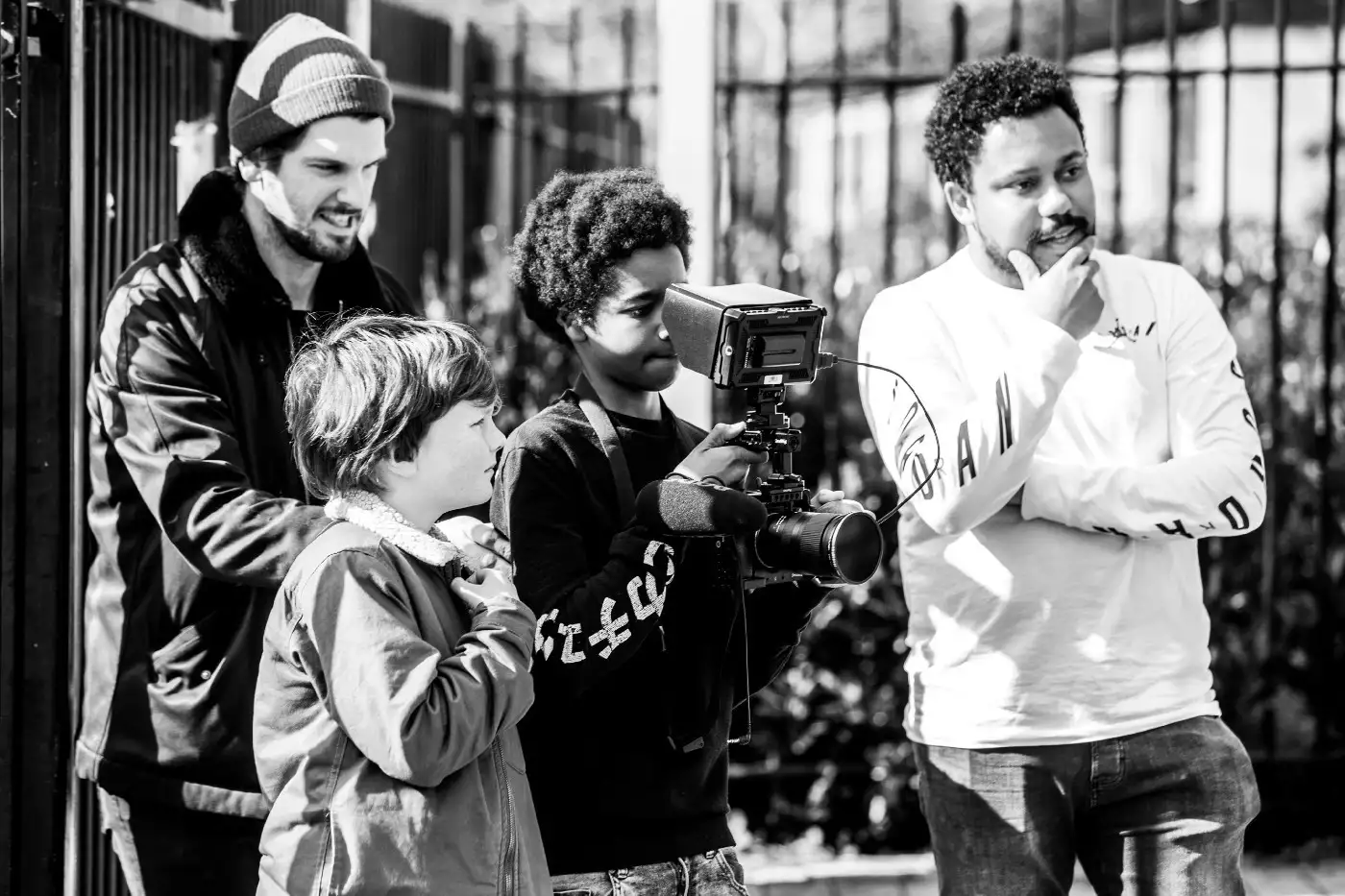SPOTLIGHT — Meet Benjamin Turner

Spotlight is our way of highlighting people in the Education sector who make an impact, work on the ground and benefit lives with their educational experience. Take a look at our latest entry below.
1. What’s your name & how old are you?
Benjamin Turner, age 27
2. How long have you been involved in music education?
I started teaching in September 2016 at a school in Croydon, so it’s been 5 years. I trained through TeachFirst, so I got to be in the classroom straight away. I spent two years at my first school, then moved to Camden where I became a Head of Department. I started as Director of Music at ELAM in September 2020.
3. What was your favourite subject at school, (not music!), and why?
I think it would be either English or History. With History it was mainly the teachers — I had some really inspiring lessons with great energy, you couldn’t help but be excited to learn. It was also the subject that did the most trips at my school, which was a big plus. But English was a subject I really enjoyed no matter who was teaching. I’ve always enjoyed reading and writing — particularly creative writing — so whenever I was given freedom in those lessons, I was loving it.

4. What made you get involved in music education?
My mum actually suggested I go into teaching — I think she felt it was more secure than a job as a musician. At first, I thought it was a good excuse to move to London and continue focusing on my own music. But within the first term, I started to really enjoy it. I soon found that I was more excited by the music I was supporting my young people to make than I was for my own projects, and seeing the impact I was having on the kids in my classes — as creatives and as people — was inspiring.
5. What are you most passionate about with your job?
Potential. Seeing the potential in the young people I work with — be they musicians or passionate about something else — is really exciting, and playing a role in supporting them to achieve this is so rewarding. But even more important is championing the potential in those who don’t have someone who believes in them — often including themselves. Working in education, you get exposed to all the ways a young person can be failed at home, school and beyond. Being in a position where you can be that change a young person needs — to be their champion — is vital.
6. What’s your best experience in education so far?
I think building a community within schools — a community that extends beyond the classroom — is so important. Whenever I see the young people I support take leadership of their community and culture, it is really inspiring.

7. We notice you’re an ambassador for TeachFirst, how has your experience with them affected your perspective on education?
I admire the work TeachFirst does — as someone who now plays a role in recruitment in the schools I work in, TeachFirst applicants often stands out in the rigour of their pedagogical knowledge, practical application of this and general passion for the subject. More than anything, for me TeachFirst is a supportive community that I continue to engage with, where there is a particular focus on addressing educational inequality. From the outset, I guess it had me recognising flaws in education rather than assuming everything worked.
8. What are your plans for the future and where do you see music education in the UK in the future?
I am loving my current job at ELAM alongside running my own company (Rap Club) and hope to continue furthering both of these. I feel both represent credible, progressive approaches to Music Education — where the focus is on the aspirations/passions of the young people just as much as it aims to be reflective and responsive to the industry. For far too many young people, music education does not reflect the music they aspire to as a career or as a passion. Young people who engage with music and culture so much outside the classroom often have no interest in it at school — the fault here lies with the educator and approach rather than the learner.
9. What would you change in the educational sector? We read some of your thoughts on the diversification of music education — could you share more about this for us?
Embracing youth cultures. The cultures of our young people are varied and vibrant, but too often excluded from education — and sometimes vilified! These cultures often reflect future careers and passions more than the curriculum does — a young person could engage with these externally and be better prepared for some modern careers than a significant amount of the learning traditional curriculum in school provides. We need to modernise and recognise the impact and potential of youth cultures, embedding them into the learning. By excluding them, we are abandoning them to the negative factors that are often cited as reasons to ignore (e.g. negative content). Instead, by embracing them, we can impact them and support our young people to take meaningful leadership.
10. Could you tell us more about Rap Club and the positive effect it has on young people involved in it?
I started a Rap Club at my first school after one of the learners — a kid at risk of exclusion and serious youth violence — introduced me to the music he listened to most (Drill) during a detention I set. At first, it was a space for them and their peers to explore their music and culture safely and meaningfully — a culture that was otherwise rejected from school and surrounded by negative influence. The impact on their engagement with school (avoiding exclusion), positive aspirations and transition away from violent cultures was significant, but vitally always maintained authenticity to them, their interests and their leadership. At no point would I dictate what they or their culture should value, but instead allowed them to grow, explore and provide opportunities to expand and synergise.
The Rap Club project quickly grew far beyond the walls of the school, both in size and in quality of musical output — within a year and a half, we had performed at Wembley Arena three times! Now, it is a company. We continue running Rap Clubs in schools following the same principles of authenticity, community and excellence from the original group — we’re now supported by BBC Children in Need, National Lottery and others — even the Home Office! — for our work against serious youth violence. But running alongside this, it is also a youth-led management company (called Kingdom) with label services, working directly in the industry. That means our young people — for example a 16-year-old with aspirations to be an A&R — are currently leading meetings representing their peers — a 14-year-old artist — negotiating deals with major record labels, getting advice from lawyers, developing marketing plans etc. It’s a really exciting time, and a credible avenue into the industry for young people that prioritises their wellbeing/safety, gives them the lead from early and engages them with industry. They get to take ownership of their culture and lead the narrative.
11. Outside of teaching, what are your hobbies?
I love film (and photography) — watching and creating. I’m often looking for opportunities to develop in that area, though it does have increasing relevance to my teaching!
Sign up at classcaptain.co to discover how to grow your own tutoring business and follow us on Twitter for tips on how to be a better tutor
